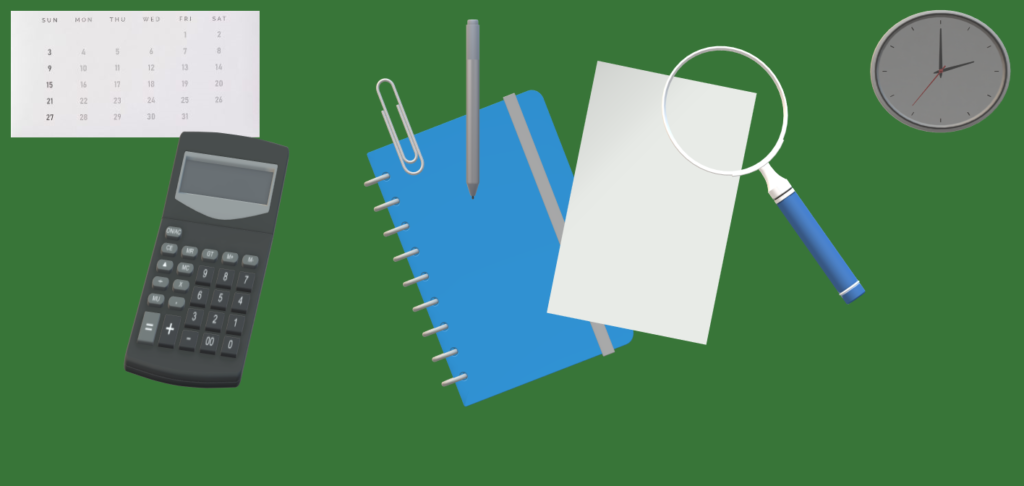Introduction: Budgeting Basics
Managing your money wisely begins with understanding the basics of budgeting. Having a well-organized budget allows you to track your earnings and spending, providing that you are in control of your financial situation. In this comprehensive guide, we’ll explore essential budgeting strategies and tips that can lead you to financial success. Whether you’re new to budgeting or looking to refine your skills, this guide will provide you with the knowledge to take control of your financial future.
What is a Budget?
A budget is a written summary of your projected income and spending for a designated time frame. It helps you allocate resources, effectively, prioritize spending, and save for future goals. Budgeting isn’t about restricting your spending but rather about making informed decisions that align with your financial objectives.
The Importance of Budgeting
Creating and sticking to a budget offers numerous benefits:
- Financial Awareness: A budget provides a clear understanding of how you are spending your money.
- Expense Management: It helps you control overspending and avoid unnecessary debt.
- Savings Goals: Budgeting allows you to set and achieve savings targets for emergencies, retirement, and other financial goals.
- Debt Reduction: With a budget, you can allocate funds to pay off debts systematically.
- Financial Security: Knowing you have a plan in place provides peace of mind and reduces financial stress.
Steps to Create a Budget
1. Determine Your Income
Start by calculating your total monthly income. Include all sources of income, such as salary, bonuses, freelance work, and any other earnings. Knowing your total income sets the foundation for your budget.
2. List Your Expenses
Categorize your expenses into fixed and variable costs. Fixed expenses include rent/mortgage, utilities, insurance, and loan payments. Variable expenses include groceries, entertainment, dining out, and transportation. Be thorough in listing all your expenses to get an accurate picture of your spending.
3. Set Financial Goals
Define your short-term and long-term financial goals. Here are some ideas for short-term goals: Save up money for a vacation. Build a savings account for emergencies. Long-term goals could involve retirement savings, buying a home, or paying off student loans. Clear goals make it easier to stay on budget.
4. Allocate Funds
Based on your income and expenses, allocate funds to each category. Make sure that your total expenses do not exceed your income. If they do, identify areas where you can cut back.
5. Track Your Spending
Make sure to check your expenses regularly to stay within your budget. Use budgeting apps or spreadsheets to watch your expenses and adjust as necessary.
6. Review and Adjust
Periodically review your budget and make adjustments based on changes in income, expenses, or financial goals. Flexibility is key to maintaining a realistic and effective budget.
Types of Budgeting Methods
You have a variety of budgeting methods to select from, depending on your personal preferences and financial circumstances.
- Zero-Based Budgeting: Every dollar is assigned a purpose, and income minus expenses equals zero.
- 50/30/20 Rule: Divide your income into three categories: 50% for needs, 30% for wants, and 20% for savings and paying off debt.
- Envelope System: Use cash for different spending categories, placing the cash in labeled envelopes.
Choose a method that suits your lifestyle and financial goals.
Tips for Successful Budgeting
- Be Realistic: Set achievable goals and realistic spending limits.
- Plan for the Unexpected: Include an emergency fund to cover unforeseen expenses.
- Avoid Impulse Purchases: Stick to your budget and don’t spend more money than you have.
- Use Technology: Leverage budgeting apps and tools to simplify tracking and management.
- Stay Consistent: Consistency is crucial in maintaining a budget. Regularly check it and make any necessary changes.
Detailed Explanation: Zero-Based Budgeting
Zero-based budgeting (ZBB) You assign every dollar you earn to a certain category, like bills, savings, or entertainment, until you’ve assigned all your money. This approach makes sure that you account for every penny, promoting mindful spending and saving.

How Zero-Based Budgeting Works:
- Calculate Your Income: Calculate the sum of your income from all sources per month.
- List All Expenses: Include fixed expenses (e.g., rent, utilities) and variable expenses (e.g., groceries, entertainment).
- Assign Every Dollar: Allocate funds to each expense category, ensuring your income minus expenses equals zero.
- Adjust as Needed: If expenses exceed income, revisit your categories and identify areas to reduce spending.
- Track and Review: Consistently monitor your spending to stay on track and adjust for any changes.
Benefits of Zero-Based Budgeting:
- Financial Discipline: Encourages thoughtful spending decisions.
- Savings Focus: Make sure you designate money towards your savings objectives.
- Expense Awareness: Provides a detailed view of your financial habits.
While ZBB requires diligence and effort, it offers a structured approach to managing finances effectively.
Common Budgeting Mistakes to Avoid
- Underestimating Expenses: Ensure you account for all expenses, including occasional and annual costs.
- Overlooking Small Purchases: Small, frequent purchases can add up. Track even minor expenses.
- Ignoring Irregular Income: If your income varies, plan for fluctuations and avoid relying on inconsistent earnings.
- Failing to Adjust: Life changes, and so should your budget. Make it a habit to frequently evaluate and revise your budget to account for any changes in your situation.
- Neglecting Savings: Prioritize saving and treat it as a non-negotiable expense.
Conclusion
Budgeting is a useful strategy that gives you the ability to manage your finances. By following these budgeting basics and implementing practical strategies, you can manage your money wisely and achieve your financial goals. Remember, the key to successful budgeting is consistency, flexibility, and staying informed about your financial situation. Begin now and make the initial move towards achieving financial independence!



